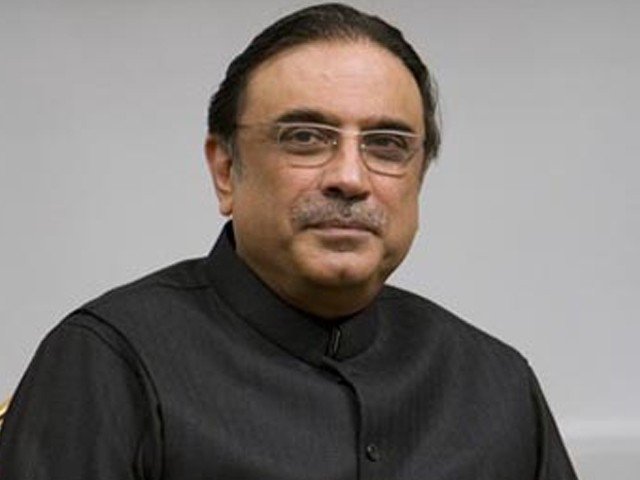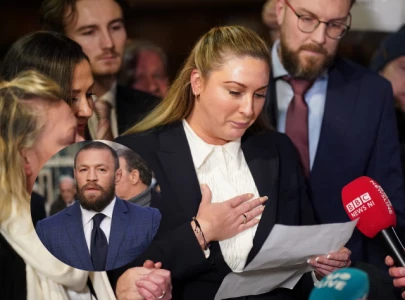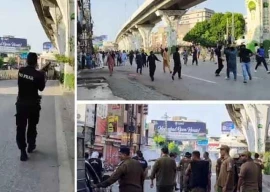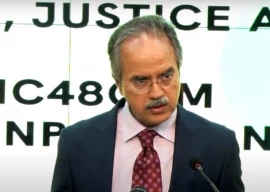
The former president conveyed his decision to withdraw his applications in the Park Lane Company, bulletproof cars, and Toshakhana cases to a bench comprising Justice Aamir Farooq and Justice Mohsin Akhtar Kiyani himself after he sought the judges’ permission to speak in the court.
The former president told the bench that he had a team of capable lawyers and he had faith in their abilities but there was no use of filing bail pleas because the National Accountability Bureau (NAB) would implicate him in new cases.
He added that he had spent time in jail over politically-motivated cases in the past as well and was acquitted after eight years.
The PPP co-chairman questioned the legitimacy of the cases filed against him and said he was well aware of the reasons for his victimisation. “False cases have been filed against me. I know what my actual crimes were and why I stand before you today. I am no stranger to injustice. I have spent many years in prison and am ready to bear this injustice too,” he said.
“It’s all part of the game and I have endured difficulties in the past as well. I will fight for democracy again.”
The former president said he had nothing to do with the Park Lane Company.
“The prosecution says that I bought the Park Lane Company. There are no documents on which I have signed in the capacity of its director. I also have no connection with the Toshakhana case. I was also implicated in a BMW case.”
Justice Farooq asked NAB prosecutor Sardar Muzaffar Abbasi whether or not warrants against Zardari had been issued in the three cases.
The prosecutor replied that NAB had issued warrants for the former president’s arrest in the Park Lane Company.
On June 18, the IHC, in its detailed judgement on the PPP co-chairperson’s bail plea, stated that NAB had no ulterior motive to arrest the former president.
In their written order, Justice Farooq and Kiyani said Zardari’s arrest was based on the need for further investigation of the accused and, as such, there was no ulterior motive on the bureau’s part.
The judgement stated that the argument that the NAB chairman does not have authority or jurisdiction in the matter was “without substance”.
“Under section 24 (a) read with section 24 (c) of the Ordinance, Chairman NAB can issue warrants of arrests even after the reference is filed,” reads the report.
The court maintained that the Supreme Court (SC) fixed a standard for bail in NAB cases in the Avenfield reference. SC’s decision also applies to the pre-arrest bail case, it added.
Zardari was arrested by NAB on June 10 after the IHC recalled the pre-arrest bail granted to him and his sister Faryal Talpur in the fake accounts case.

















COMMENTS
Comments are moderated and generally will be posted if they are on-topic and not abusive.
For more information, please see our Comments FAQ